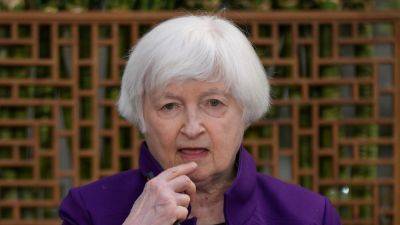Women continue to get raw deal from parties in Kerala despite support for Women's Reservation Bill
elections.
Celebrations over the passage of the landmark Bill were no less in Kerala, where over 1.40 crore voters are women and 50 per cent seats are reserved for them in local bodies. Although the Women's Reservation Bill would be implemented only after 2029 Lok Sabha polls, female politicians widely expected that they would get a remarkable representation in the candidates' list of the general elections.
On the contrary, they continued to get a raw deal in the southern state from the parties that had waxed eloquent about the passage of the historic Bill. While the major fronts, the CPI(M)-led LDF and Congress-led UDF, have given three and one seat respectively to women, the BJP-led NDA has set aside five seats for their female politicians in the upcoming LS polls.
Interestingly, the southern state has so far sent only nine women MPs to the Lok Sabha since the first general election in 1951-52, despite the highest participation in the electoral roll, 100 per cent literacy, and women empowerment initiatives. Several women leaders, cutting across political ideologies, have admitted that they expected more representation this time when their parties released candidate lists for the Lok Sabha polls.
While some women opined that the implementation of the Women's Reservation Bill would only help them get a fairer representation in male-dominated politics, others justified their party's decision to limit the number of women candidates this time considering the political scenario at the national level.
Senior CPI (M)
























